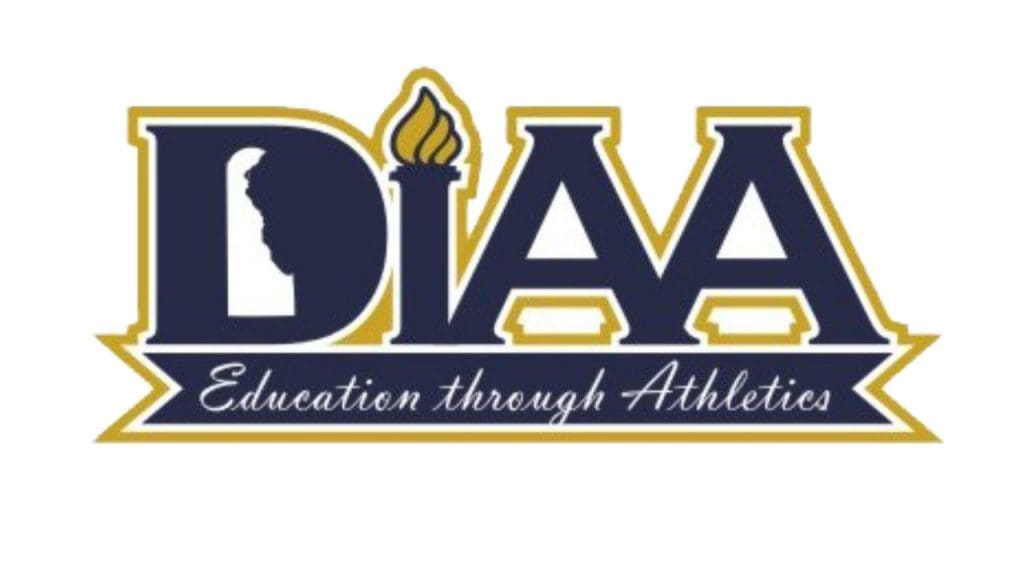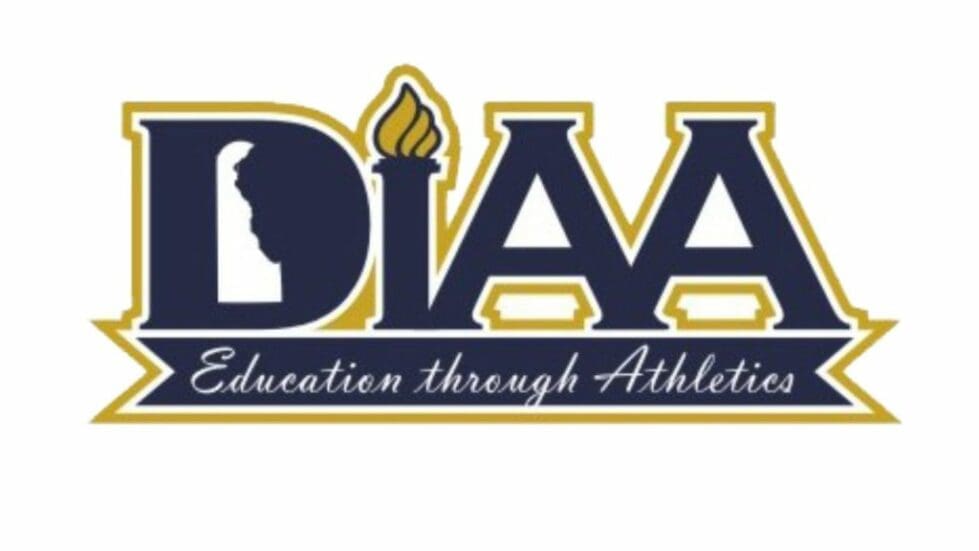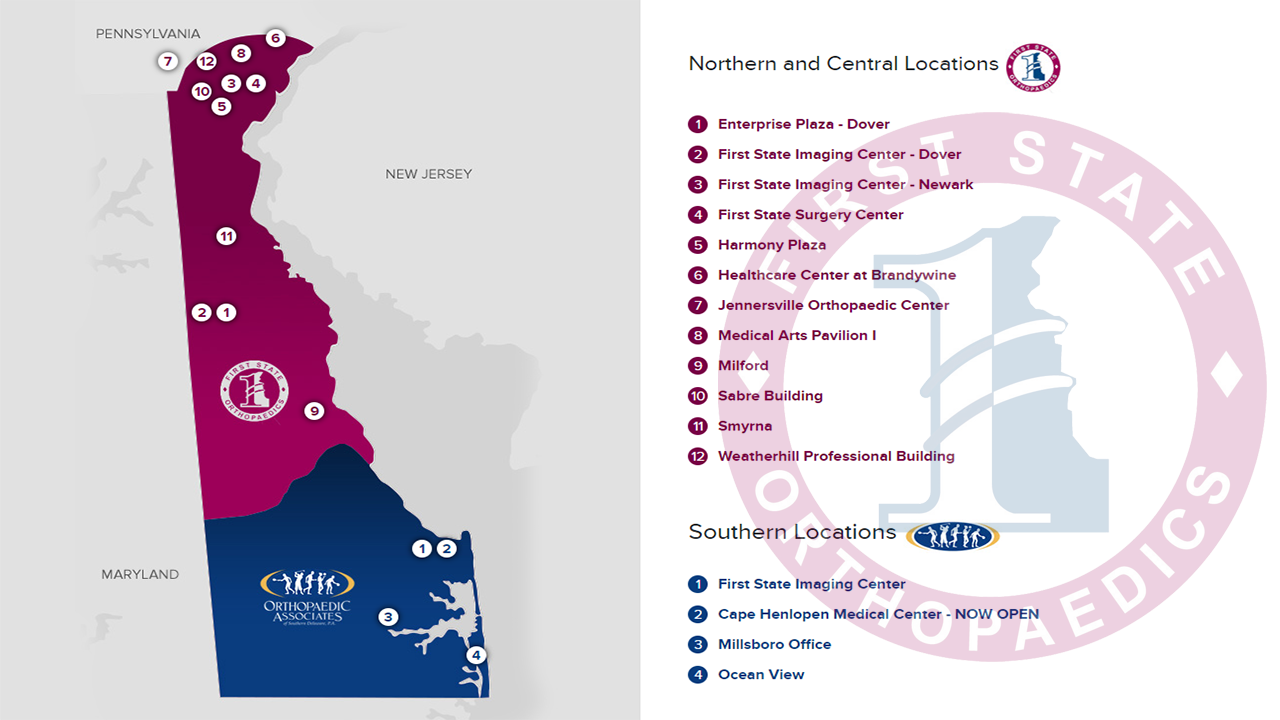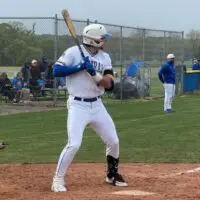

The Delaware Interscholastic Athletic Association punted on taking action on name, image and likeness (NIL) regulation at its monthly meeting this week.
The board had been scheduled to consider language that could make it permissible for student-athletes to capitalize financially, but the first move among the board members was a motion to table the vote until March 21.
That motion was eventually approved after a 20-minute discussion.
Ted Laws, president of the Colonial School District board of education and a DIAA board member, suggested waiting until action is taken on legislation pending on the federal level. That gave the board a month to do more research as well, he said. Laura Makransky, the assistant attorney general assigned to the DIAA, said federal law supersedes any state regulation or statute should anything happen on that front.
Lenny Richardson, a public member of the DIAA board from Sussex County, said he is not comfortable with NIL despite the fact that 30 states and the District of Columbia currently allow it.
“I’m terrified of NIL,” he told the board.
The board needs to address the issue, and soon, said board member Dorrell Green, superintendent of the Red Clay Consolidated School District.
“We’re going to have to confront it at some point,” he said.
He acknowledged that there will be inequities with NIL, as there are with other aspects of high school athletics. Athletes are leaving colleges and universities for greener pastures elsewhere, and that has trickled down to the high school level.
There are Delaware residents who play in neighboring states because they can strike NIL deals. Others are rumored to be headed out of state if NIL is not in place for the 2024-25 school year. Still, he supported tabling the vote for another month.
“I think it’s worth a deeper dive,” he said. Salesianum School principal Father Christian Beretta said he has gone out of his way to explain to people that what Delaware is considering is not the same as what has happened at the college level. Many universities have NIL coordinators and have formed collectives to raise money in an effort to keep athletes from transferring.
The DIAA proposal, he said, clearly spells out that anything coming through a school is prohibited.
“That is not what is sitting before us here,” he said. “What we’re talking about is more restrictive.” DIAA executive director David Baylor told the board that in his discussion with colleagues in other states, he has found that NIL regulations are “all over the place.”
The model that Delaware is looking at, which is in place in Oklahoma, “seems to be the one that is more manageable right now. “Everyone agrees that whatever you implement, you’re going to have to constantly monitor and tweak,” he said.
The board approved that a survey of member schools be taken before the March 21 meeting. Baylor told the board NIL will happen, and the DIAA should get in front of it or expect to react later to something they may not like. “We’re naïve if we think that this isn’t coming somewhere down the road,” he said.


302 Sports helps promote local sports athletes, teams, & Coaches. We want to show the rest of the world the talent in Delaware Sports. We produce highlight & College recruitment videos for Delaware athletes. All Delaware All Sports.
Share this Post









